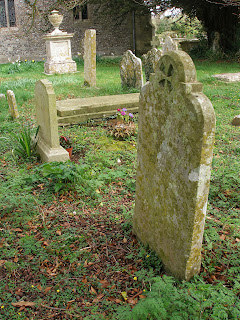Memorializing as Fallism’s Feminist Alternative

Leila Easa and Jennifer Stager presented a paper about their project exploring feminist methods of memorialization at the WESWWHN Annual Conference on Gender and Commemoration in October 2021. Fallism: toppling monuments that symbolize patriarchal power and often white supremacy. We – two interdisciplinary collaborators from History of Art and English – would like to share a bit about a project that we’ve developed over the past two years, building on decades of collaborative work, and researched and produced in pandemic time. We presented this project, which explores practices of mourning, memorializing, and monumentalizing the dead, at the West of England and South Wales Women’s History Network 28th Annual Conference in Fall 2021, and this research has developed into an essay appearing in RES: Anthropology and Aesthetics 75/76 (2021) and the final chapter of our forthcoming book of essays in feminist criticism and classical receptions, Public Feminism in Times of Crisis: From Sappho...
